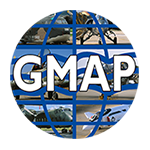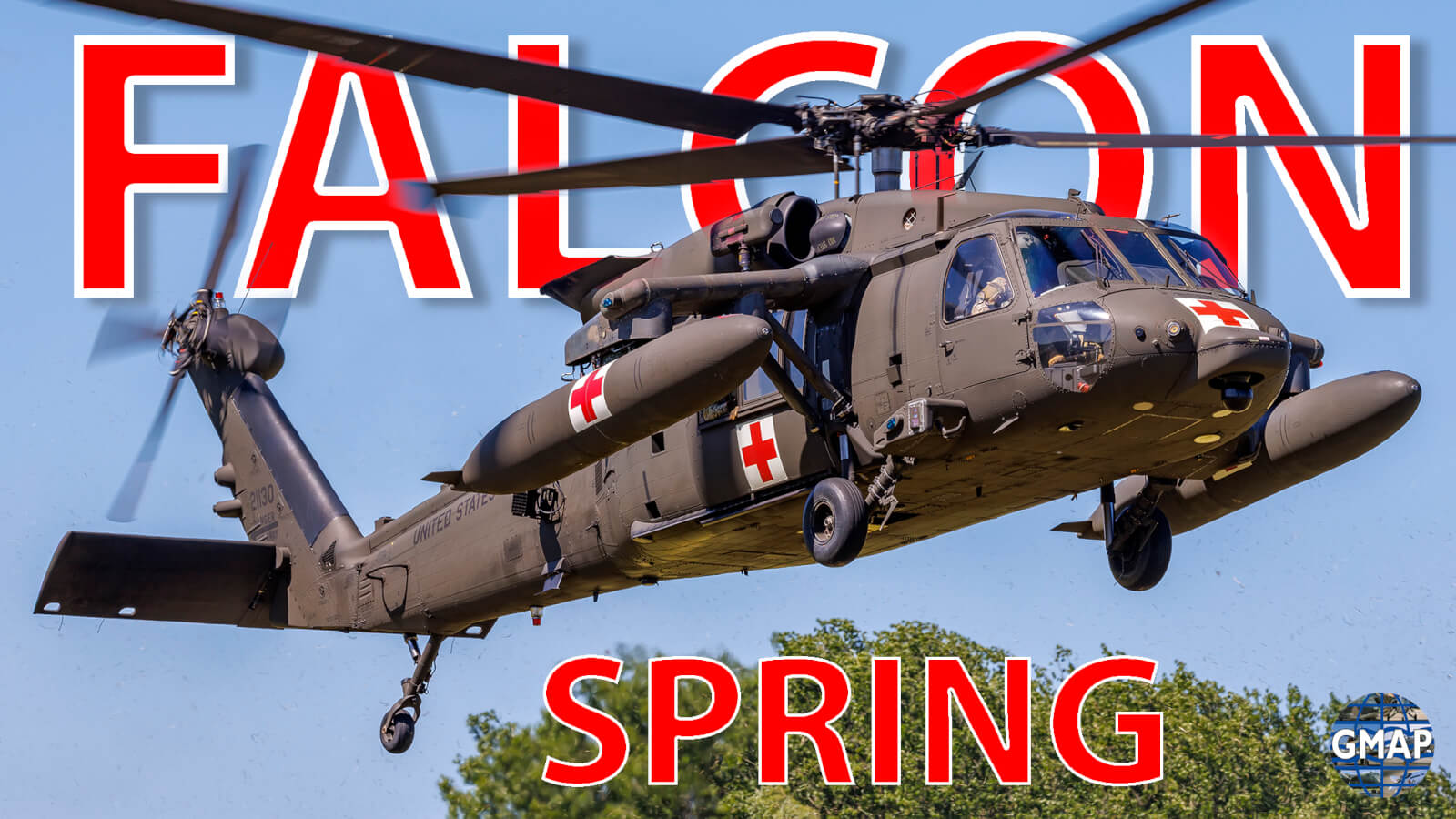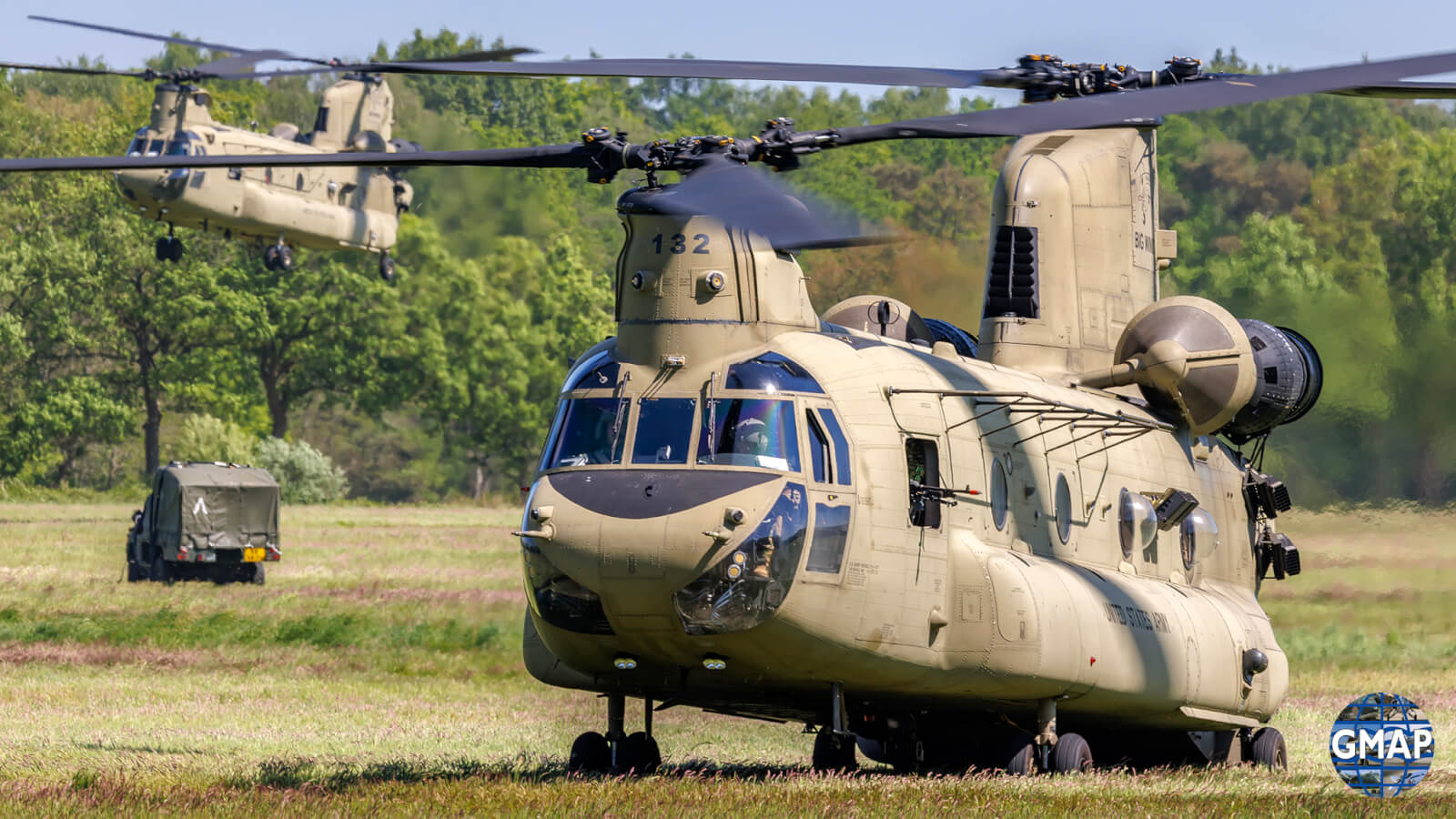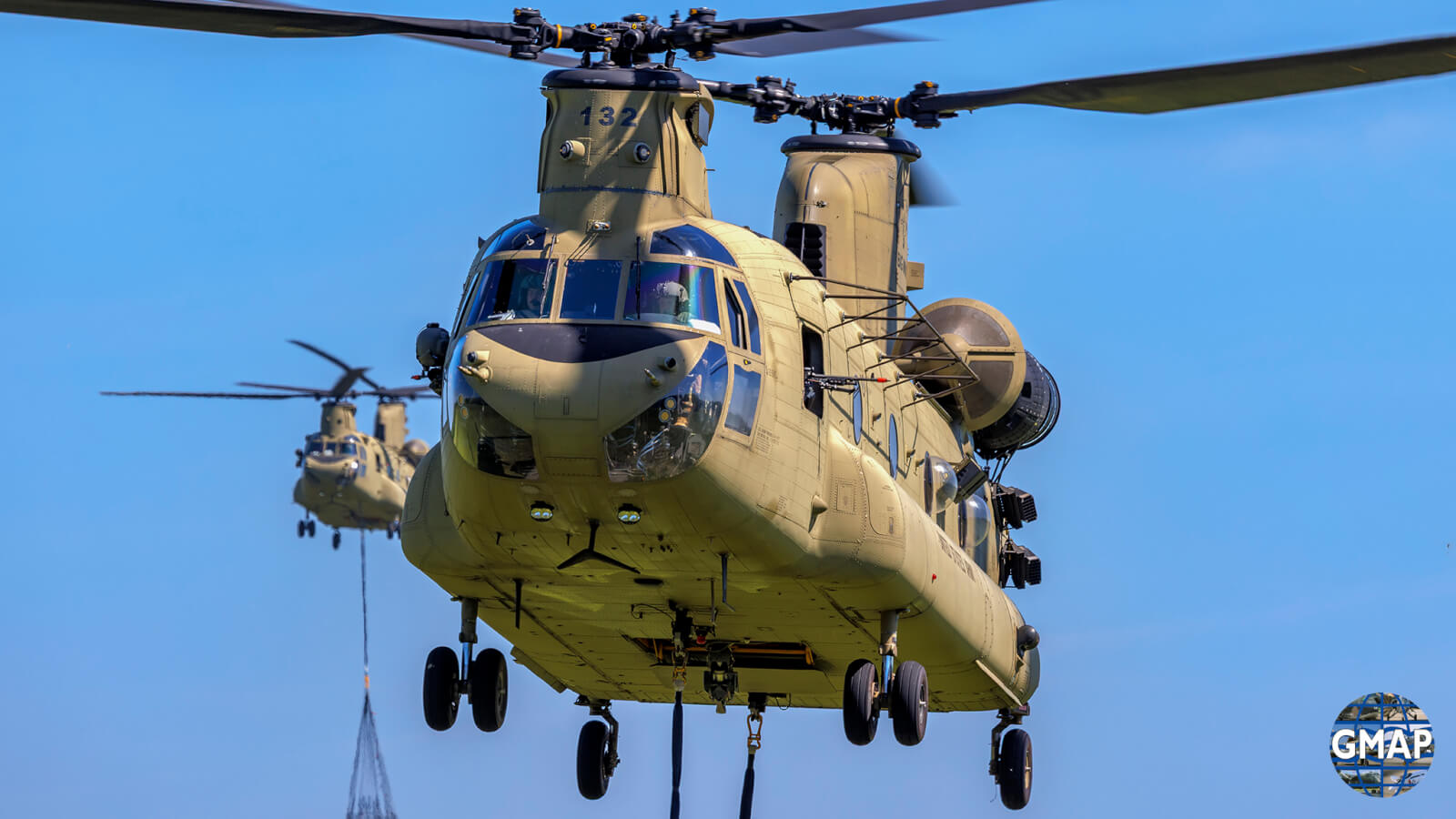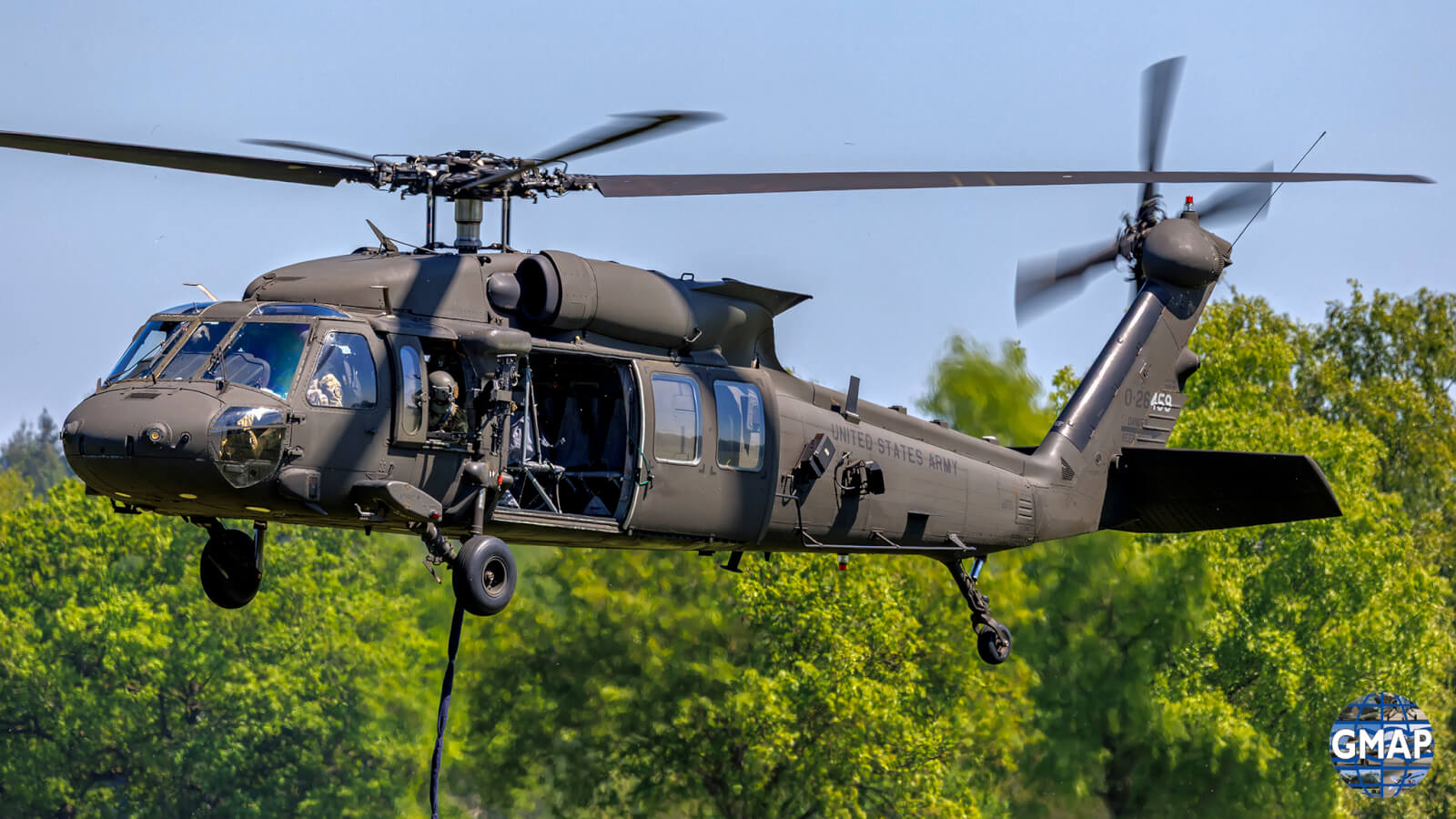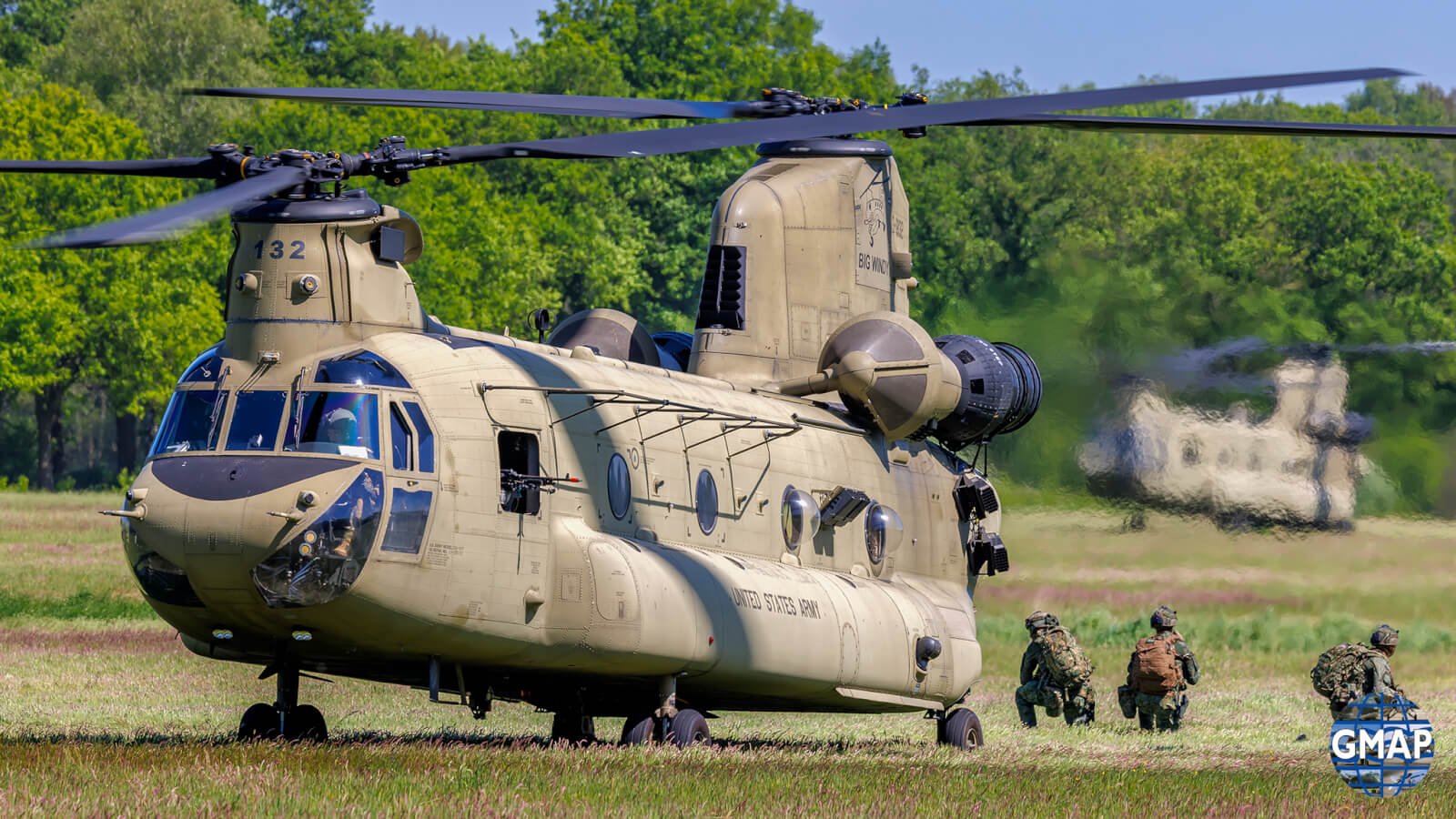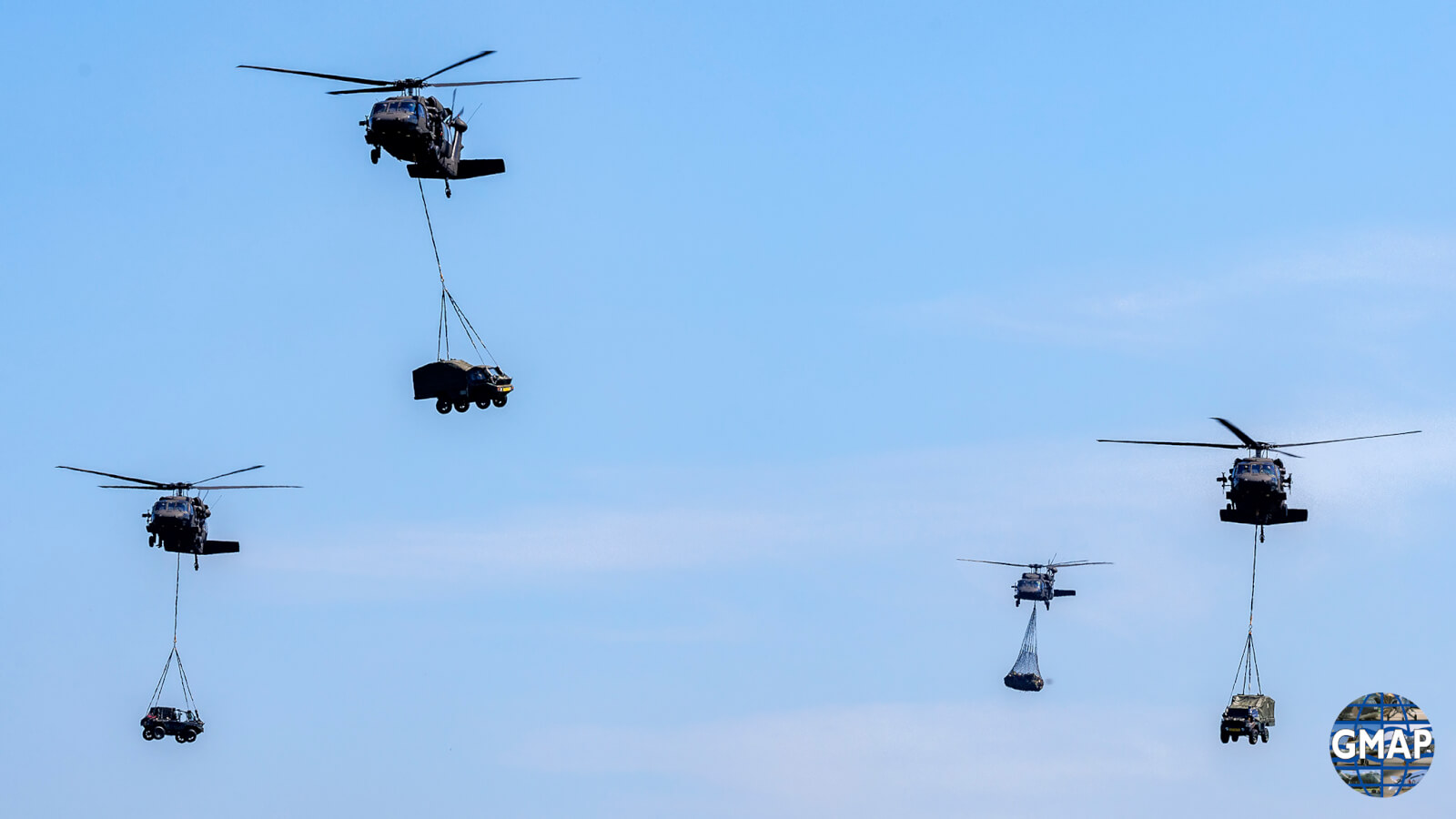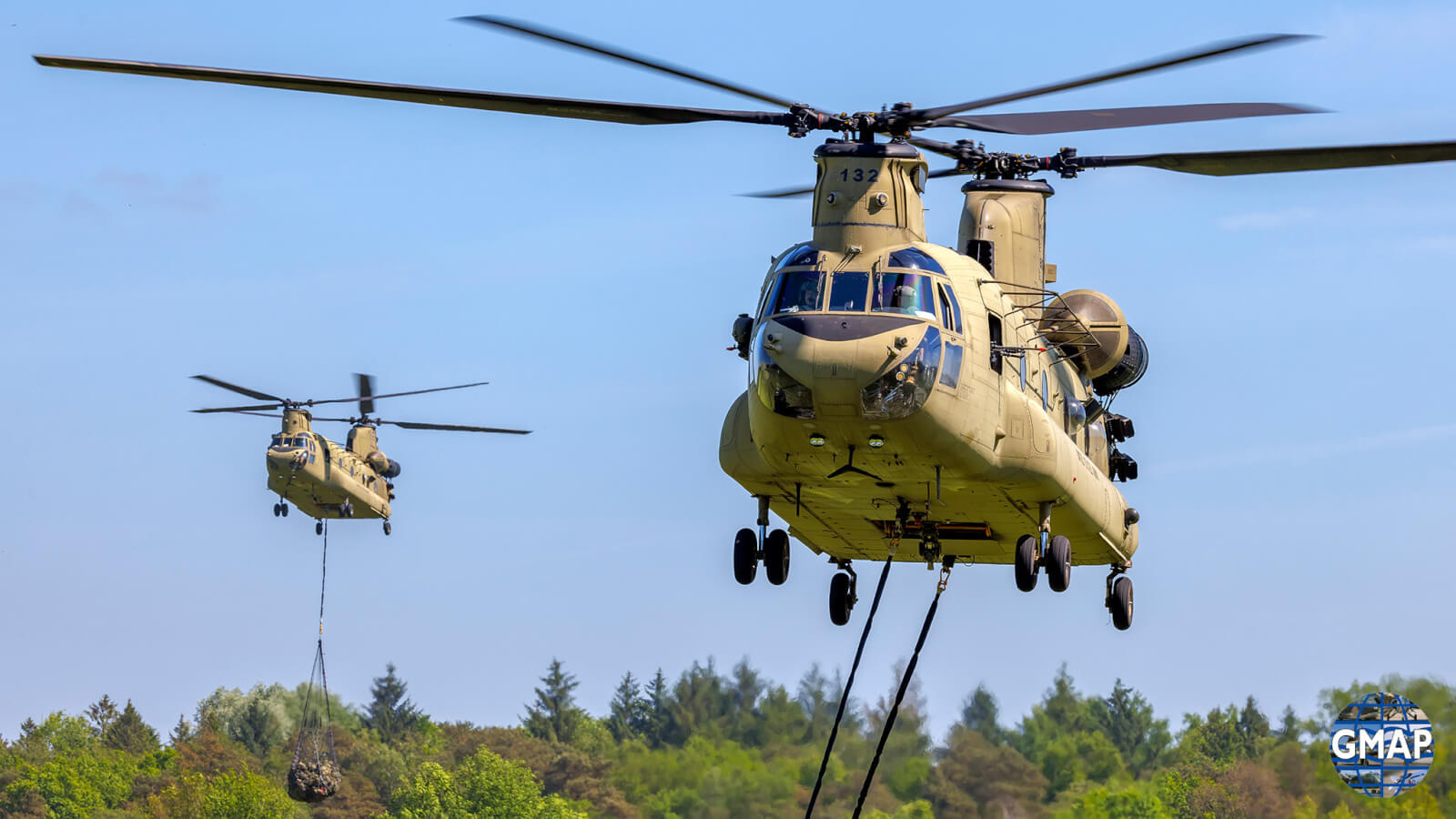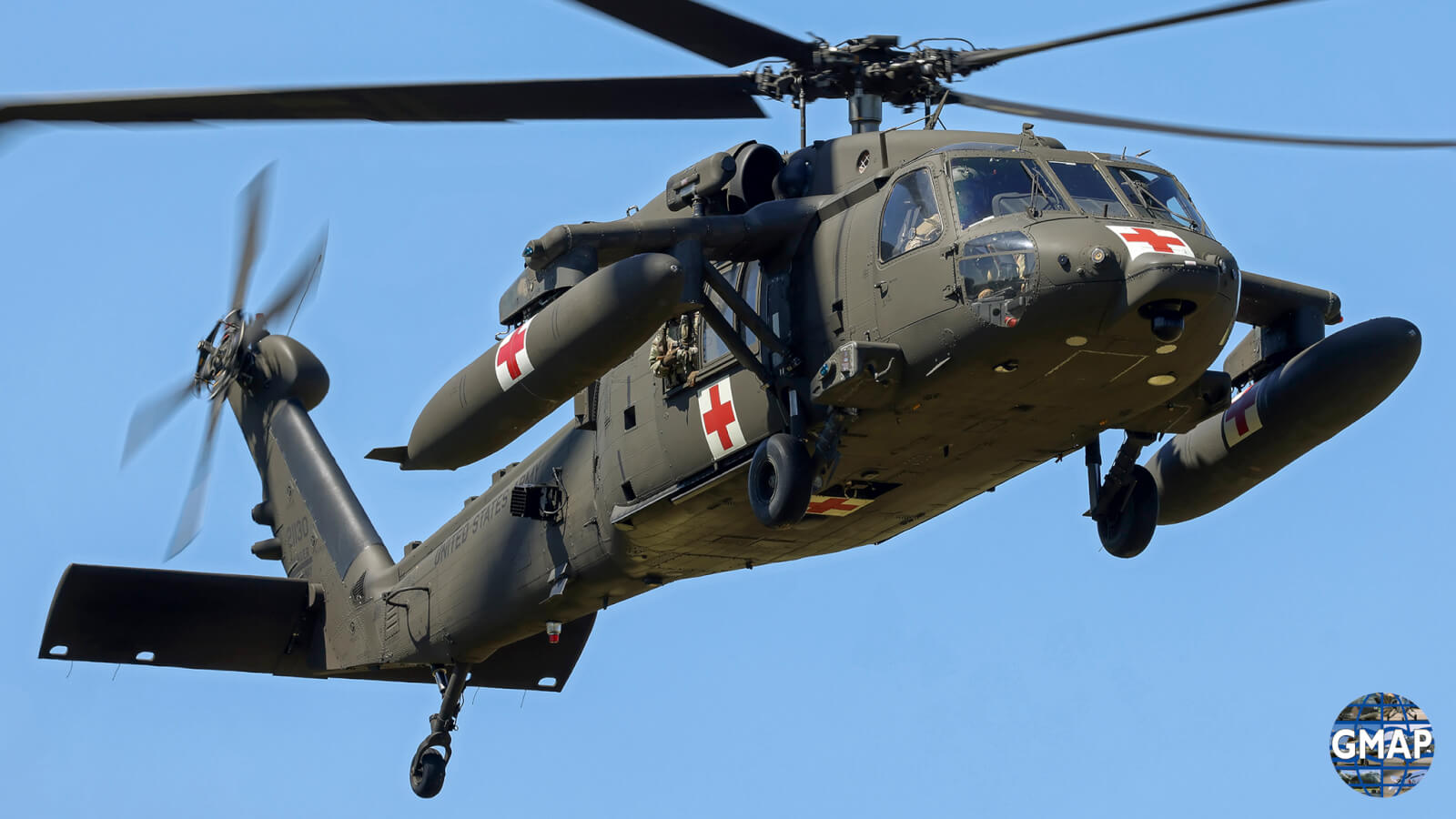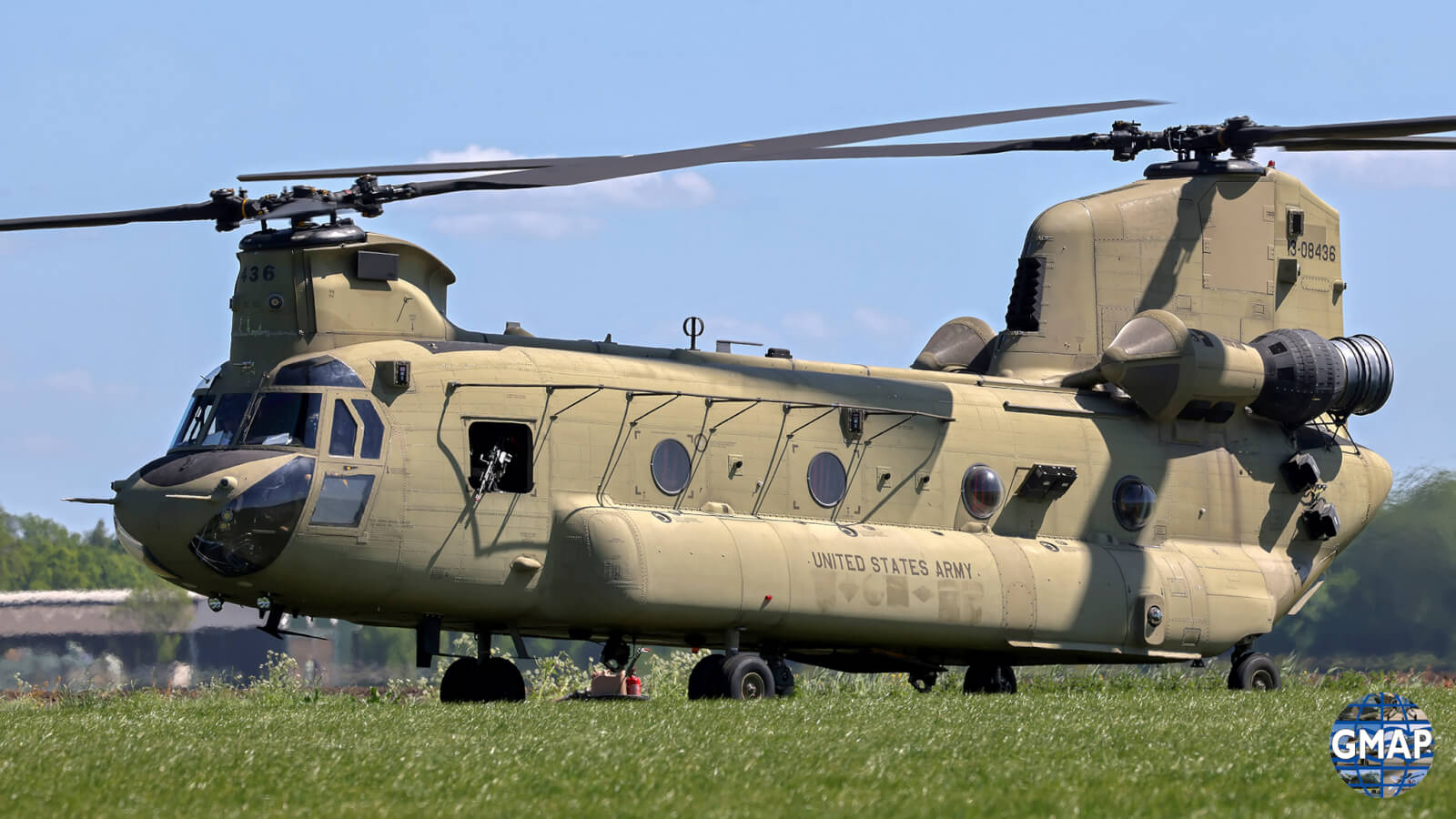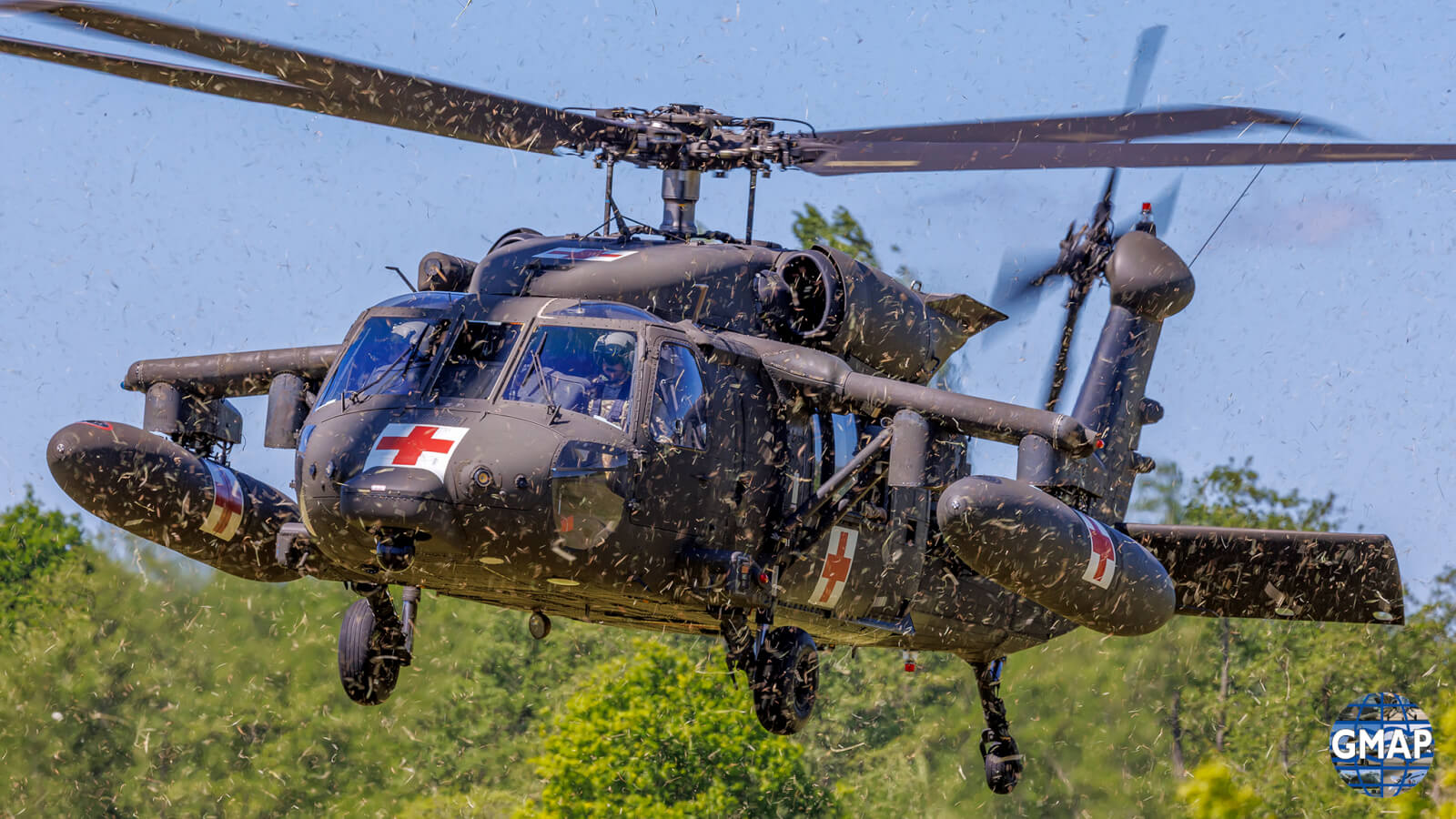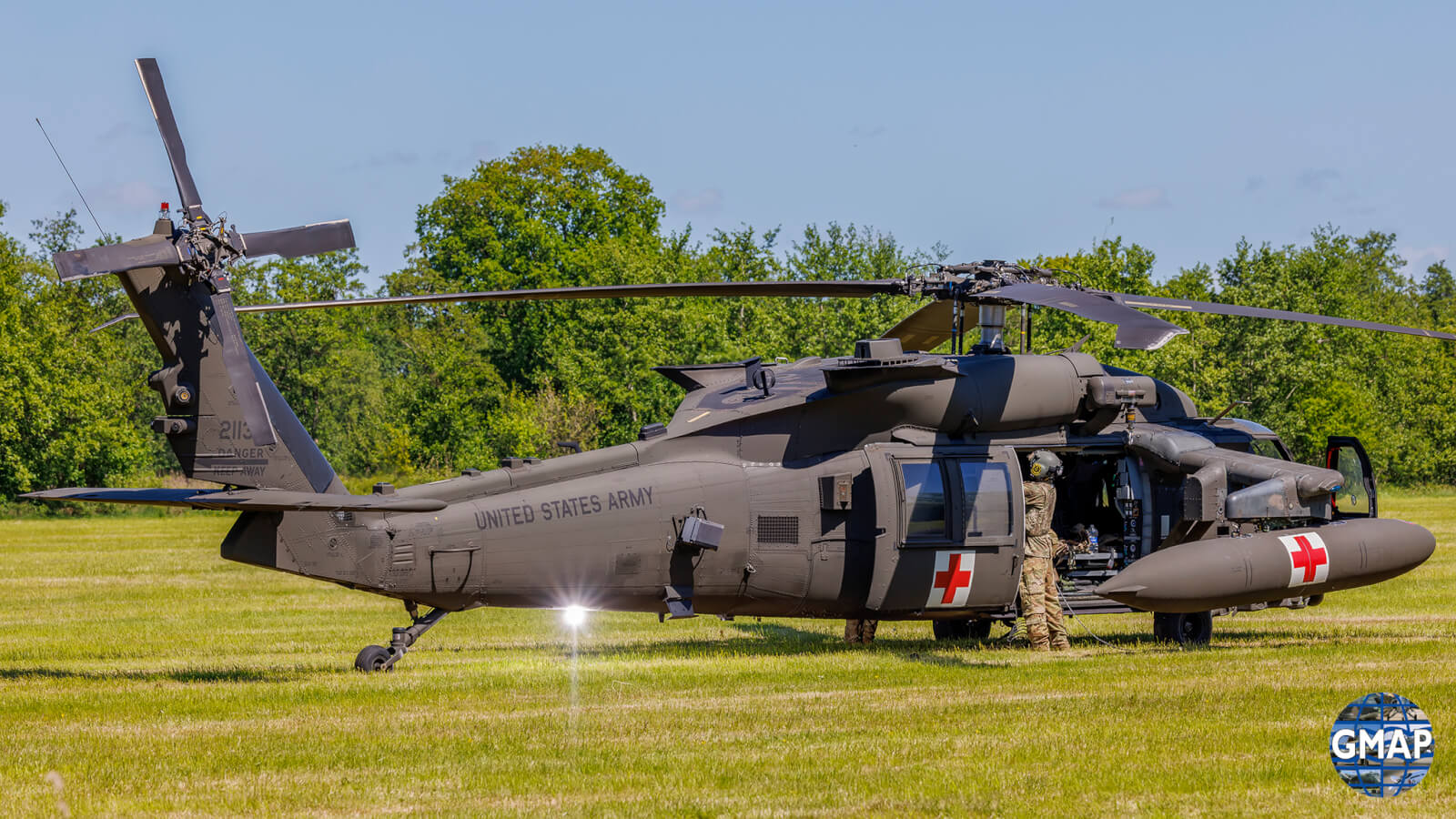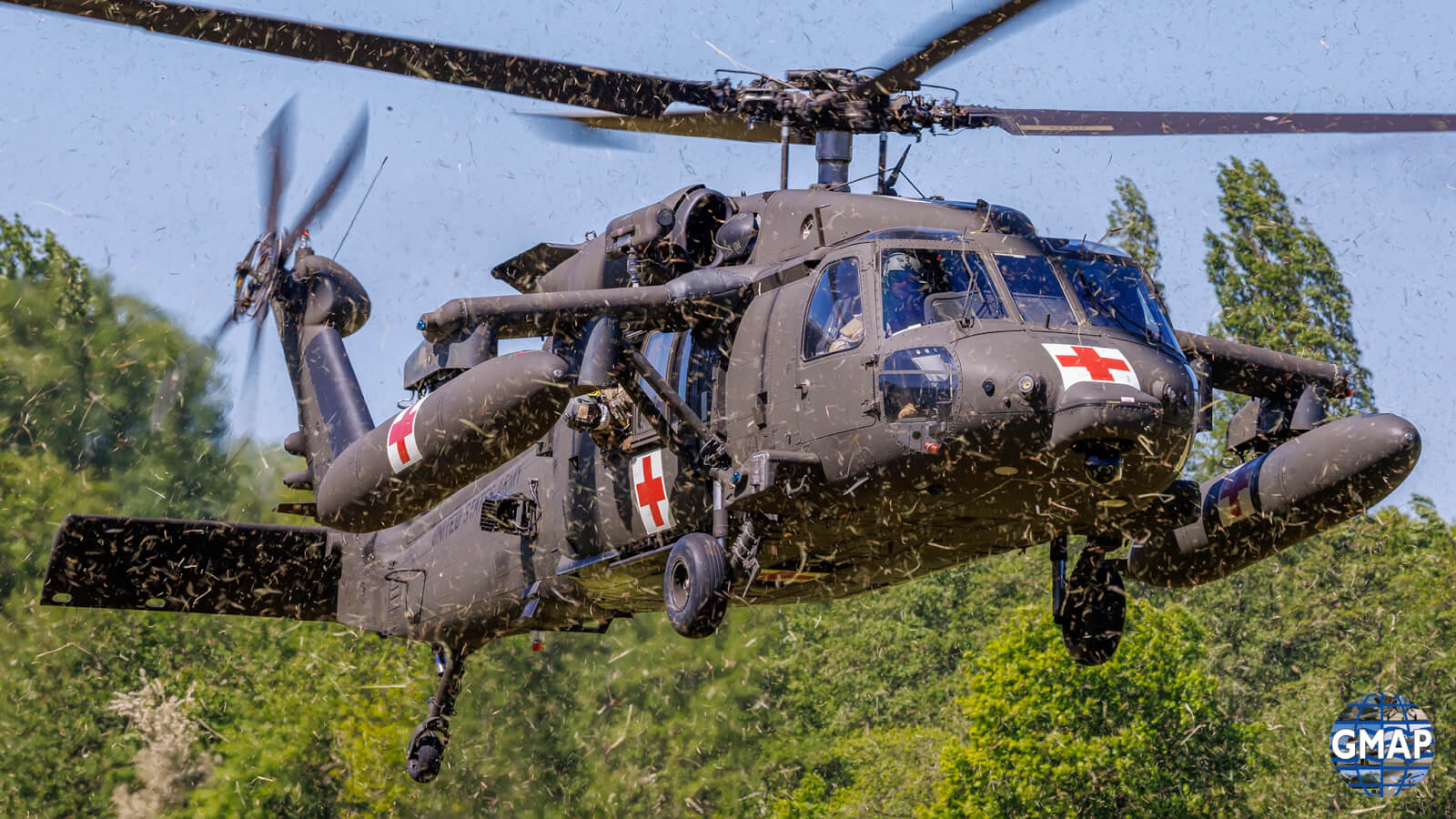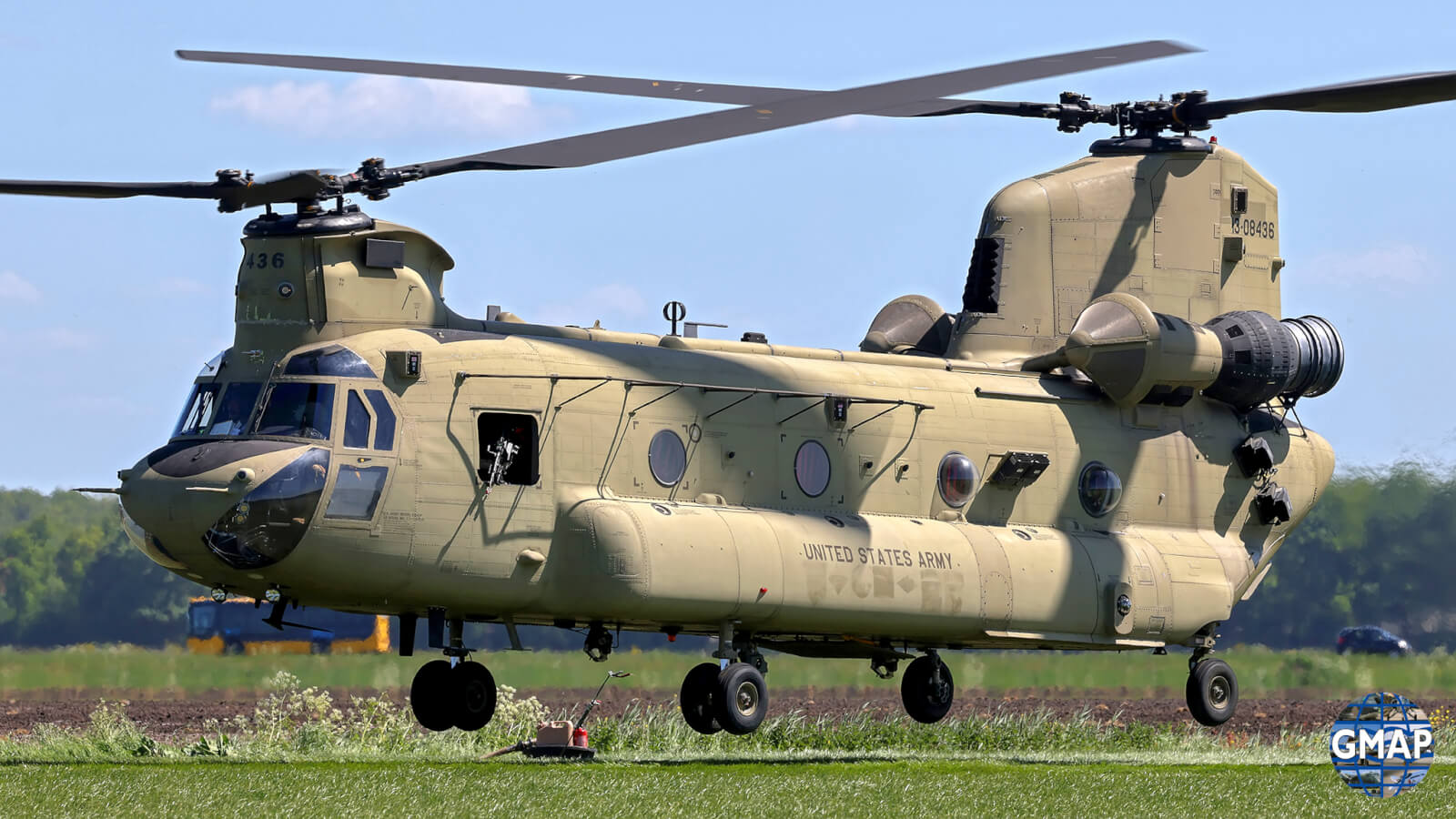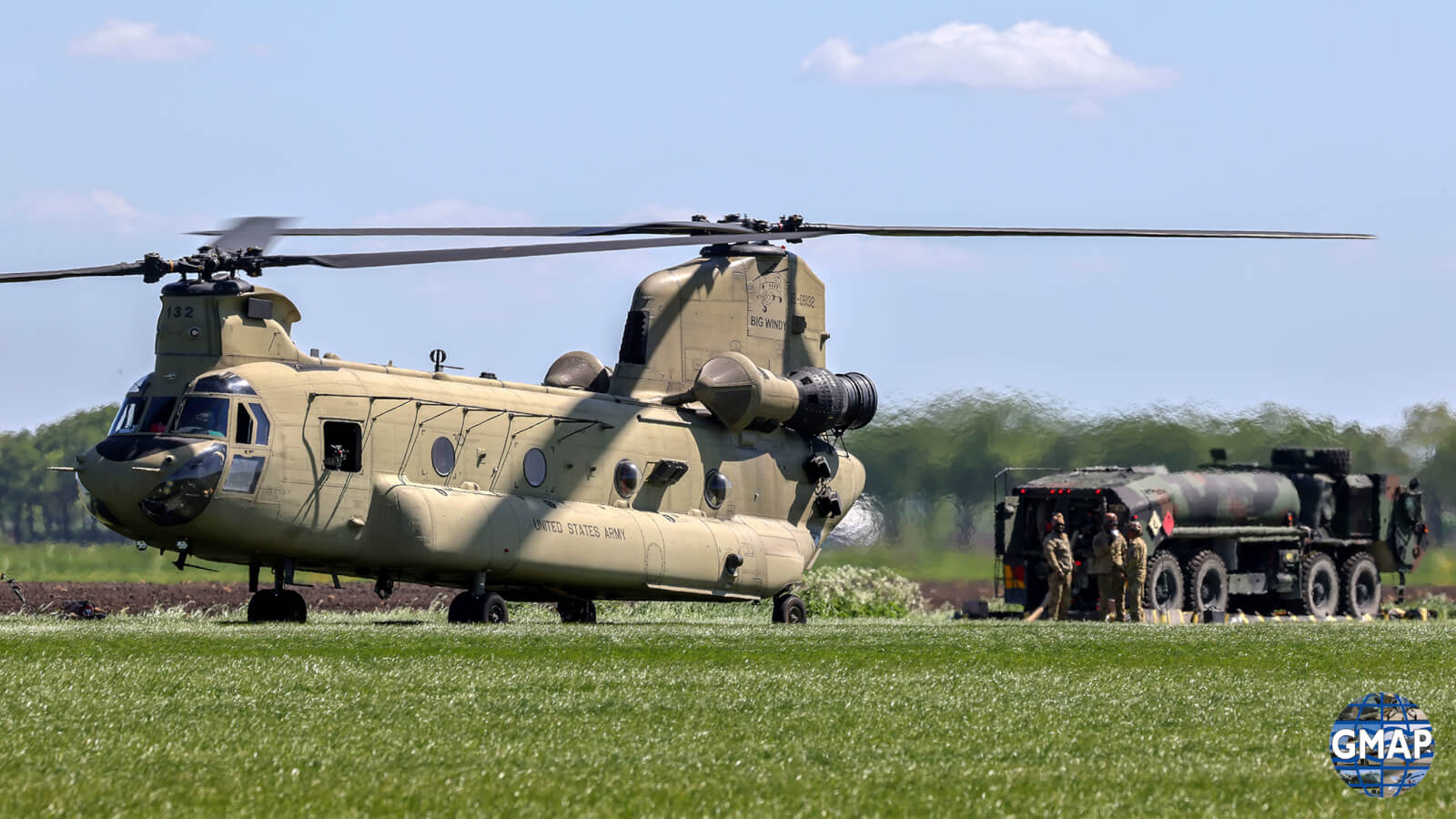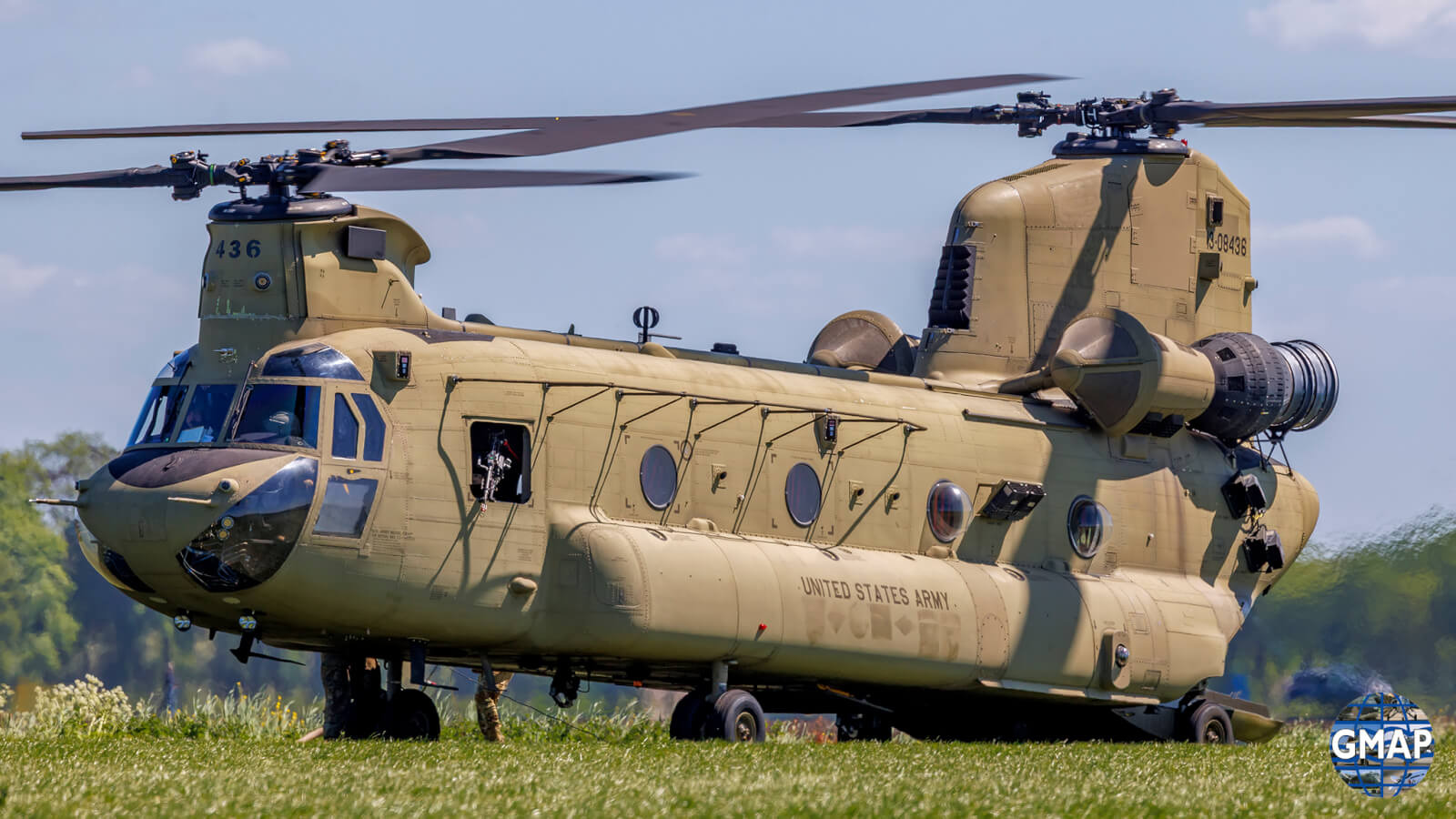Falcon Spring 2025: Enhancing NATO Airmobile Readiness in the Netherlands
Dino van Doorn reports on the action:
From May 12 to 23, 2025, the Netherlands hosted “Falcon Spring,” a significant multinational military exercise focusing on airmobile operations. Organized by the Royal Netherlands Army’s 11th Airmobile Brigade in collaboration with the U.S. Army’s 12th Combat Aviation Brigade, the exercise aimed to bolster NATO’s rapid deployment capabilities and interoperability among allied forces.
Strategic Objectives and Scope
Falcon Spring 2025 was designed to simulate realistic combat scenarios requiring swift insertion and extraction of troops, coordination between air and ground units, and the establishment of temporary forward operating bases. Approximately 1,500 Dutch soldiers participated, engaging in complex missions that tested their readiness for rapid deployment and joint operations with international partners.
The exercise spanned multiple provinces, including Friesland, Drenthe, and Groningen, with key operational hubs in Drachten, Havelte, and Marnehuizen. These locations served as staging grounds for various missions, including securing strategic points like bridges and conducting night-time operations to enhance stealth and low-visibility maneuvering skills.
Click on thumbnails to enlarge
Helicopter Fleet and Capabilities
A central feature of Falcon Spring was the deployment of a diverse fleet of helicopters, emphasizing the importance of rotary-wing assets in modern military operations. The Royal Netherlands Air Force contributed several helicopter types, including:
- AH-64E Apache: Attack helicopters equipped for close air support and reconnaissance missions.
- CH-47F Chinook: Heavy-lift transport helicopters capable of carrying troops and equipment.
The U.S. Army’s 12th Combat Aviation Brigade augmented the exercise with additional assets, including:
- UH-60V Blackhawk: Versatile utility helicopters used for troop transport.
- HH-60M Blackhawk: Versatile utility helicopters used for medical evacuation.
- CH-47F Chinook: Complementing the Dutch fleet for heavy-lift capabilities.
This combined fleet enabled the execution of complex missions, such as synchronized air assaults, rapid troop deployments, and the establishment of forward arming and refueling points (FARPs), enhancing the operational range and sustainability of ground forces.
Training Scenarios and Tactics
Falcon Spring’s training scenarios were meticulously crafted to reflect contemporary combat environments. Key exercises included:
- Night Operations: Pilots conducted low-altitude flights under the cover of darkness, utilizing night vision equipment to navigate and avoid detection.
- Rapid Deployment: Troops were inserted into undisclosed locations to secure and hold strategic positions, testing their adaptability and coordination.
- Air-Ground Integration: Close coordination between helicopter units and ground forces ensured effective communication and mission execution.
These scenarios aimed to enhance the participants’ proficiency in executing swift, coordinated responses to dynamic combat situations, a critical capability for NATO’s collective defense strategy.
Community Engagement and Environmental Considerations
Recognizing the potential impact on local communities, the Dutch Ministry of Defense implemented measures to minimize disruptions. Flight paths were planned to avoid densely populated areas, and operations were primarily conducted during daylight hours, with some exceptions for night training. Residents were informed in advance, and a dedicated channel was established for reporting concerns or disturbances.
Despite these efforts, some residents reported increased noise levels due to the low-flying helicopters. The Ministry acknowledged these concerns and emphasized the importance of such exercises in maintaining national and allied security.
Conclusion
Falcon Spring 2025 exemplified the Netherlands’ commitment to NATO’s collective defense and the continuous enhancement of rapid deployment capabilities. Through realistic training scenarios and multinational cooperation, the exercise strengthened the interoperability and readiness of participating forces, ensuring they are well-prepared to respond to emerging security challenges.
As geopolitical landscapes evolve, exercises like Falcon Spring remain vital in fostering unity, preparedness, and resilience among NATO allies.
